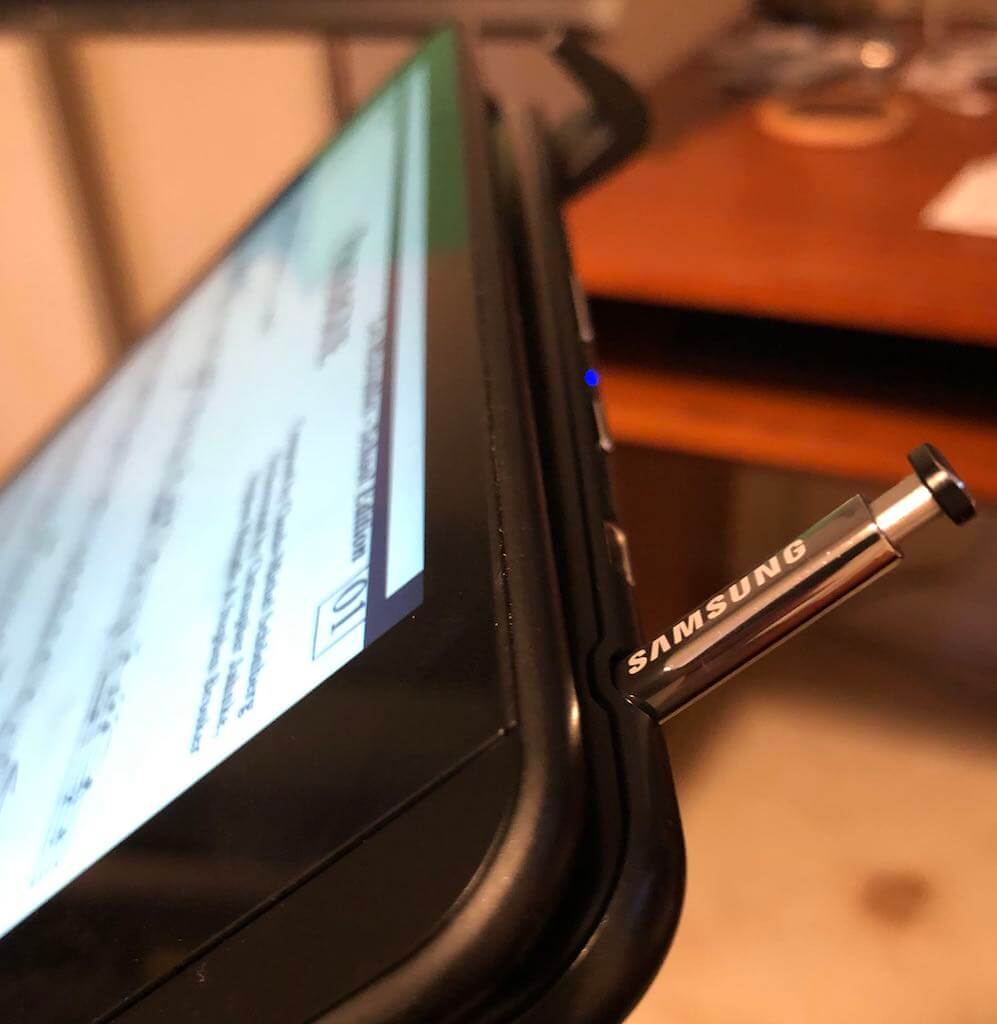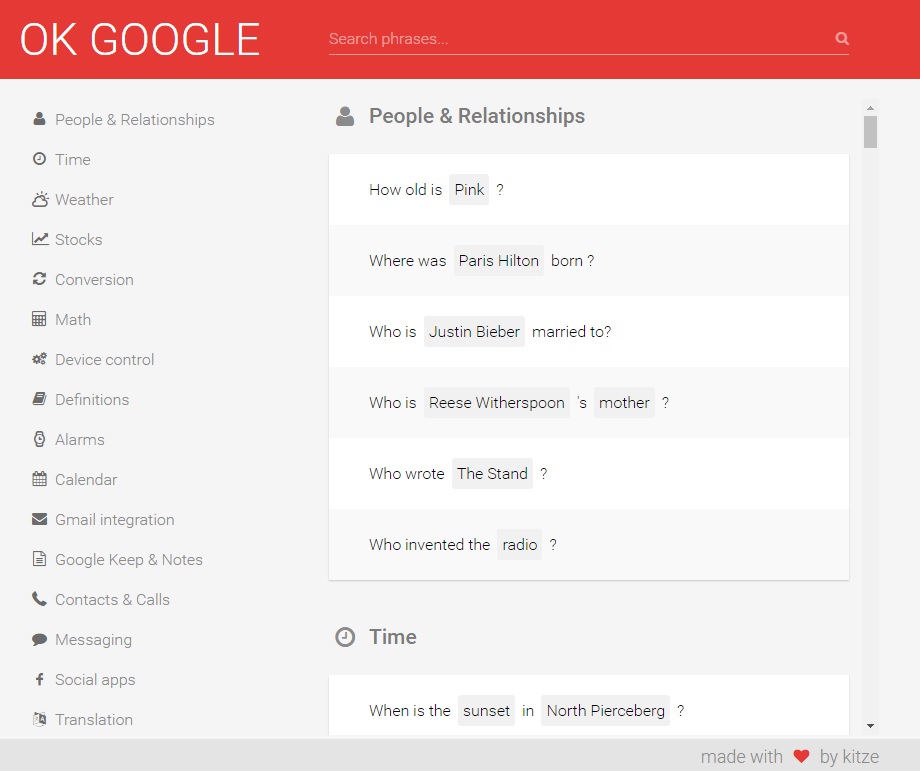One of the potential downsides to the newest two Nexus phone models, the Nexus 5X and the Nexus 6P
, as well as the new Google Pixel C (among all its other downsides) and the Chromebook Pixel is that they both switch out the usual microUSB ports that are the standard for just about every smartphone (that isn’t an iPhone) for a new type of USB connector – USB Type C.
USB Type C – A Primer
Most USB cables that people are familiar with are either the full-size Type A cables, like you find on computers:

Or the smaller, Micro-B style connectors that you find on lots of peripheral devices (including smartphones):
 While both of these have proven great over the years – they both have one annoying physical flaw – they can only be inserted one way. The USB Type-C cable and port are both reversible and small- no more “3rd times a charm” when trying to insert a USB cable!
While both of these have proven great over the years – they both have one annoying physical flaw – they can only be inserted one way. The USB Type-C cable and port are both reversible and small- no more “3rd times a charm” when trying to insert a USB cable!
Not only that, but the Type C ports on most devices (provided they support the newest version of USB, 3.1) will also support faster charging (up to 100 Watts) and faster data transfer (up to 10 Gbps). This, of course, is provided that the cables are made to the correct standard and with the correct components. This is where Google engineer Benson Leung comes in.
USB Type C Cables – Most of Them Suck
Benson is an engineer at Google who has done lots of work on the Google Pixel line of products (including the Pixel C) all of which use Type C connectors, and while everyone seems to have a couple hundred old USB cables lying around, almost no one has any with the new Type C connector. Benson took it upon himself to start reviewing these cables on Amazon, to, in his words:
I have started reviewing USB cables on Amazon because I have gotten fed up with the early cables from 3rd party vendors that so blatantly flout the specification and I want to take them to task.
And he certainly has taken them to task. On Benson Leung’s Amazon review page of 60 or so Type C cables, connectors, and other accessories he has reviewed, the overwhelming majority have gotten 2-star reviews for not meeting some part of the Type C specification. Among the ones that got a 5 star review are familiar names like Belkin and Anker
, as well as lesser-known brands such as TechMatte
and Cable Matters
. Cables that aren’t up to spec are not just an annoyance – they can cause small issues, like not meeting the maximum-possible charge or data transfer rate, or bigger problems, such as drawing too much current and damaging a USB hub or charger (or device).
Bottom Line – Good Cables Matter
It certainly seems like if you’re going to spend the money for the top-of-the-line devices (which is the only place you can find Type C connectors), then it makes sense to protect those devices by buying the cables that actually meet the correct specifications. With the number of Type C devices set to (hopefully) increase over the next few months, it’s nice to have at least one person holding manufacturers to a set standard!




